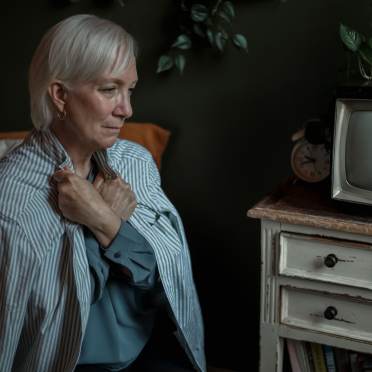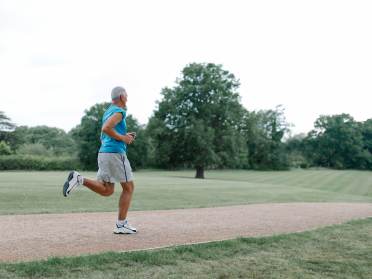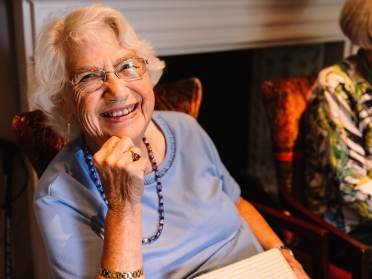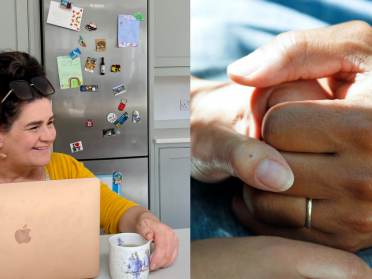Whilst loneliness does not discriminate against age, it is unfortunately a major issue amongst older people that has become even more common since the pandemic. According to Age UK, more than 2 million people over the age of 75 in England live alone, with more than half a million older people going five to six days a week without speaking to anyone at all.
Sadly, this lack of human interaction is likely a contributing factor to the astounding 3.3 million people in Britain, who were found in the 2022 Campaign To End Loneliness study to be suffering from chronic loneliness.
Loneliness can adversely affect your physical and mental health in more ways than one.
Physical health
Research from The Campaign to End Loneliness shows that loneliness can actually increase your likelihood of coronary heart disease, high blood pressure, stroke, and premature death. This is because it increases your levels of the stress hormone cortisol which ultimately forces your heart to work harder.
A 2010 study on Social Relationships and Mortality Risks claims that loneliness is in fact worse for your health than smoking 15 cigarettes a day.
Mental health
Loneliness is often associated with multiple mental health problems including depression and anxiety. Without people or plans, older people might find themselves staying home for the majority of their time.
This means a lack of opportunity to have those day-to-day conversations about things that one might be stressed or worried about, instead causing these emotions to bottle up.
Cognitive decline
It may not always seem like it, but human interaction actually provides our brains with mental stimulation. This is particularly important for people with dementia. Going multiple days without a simple conversation can result in a lack of social confidence that can ultimately cause older people to feel isolated and a sense of disconnect from the outside world.
Despite the bleak situation presented by loneliness, there are things that we can all do to help. Here at The Audley Foundation, we want and try to do everything in our power to change the outlook for older people in the UK, and loneliness is one issue about which we are incredibly passionate.
How to help:
Audley Villages recently shared a heartwarming article on the benefits of companionship – “If you find companionship in someone of a similar age, you are most likely supporting them in the same way that they are to you.”
Social interaction no matter how big or small can be the difference between a good day and a bad day and have a significant positive influence on a person's mood. Reaching out to people or asking for help can be difficult, but here are a few things you can do to help overcome loneliness:
- Don’t be afraid to pick up the phone, a little conversation can go a long way
- Reach out to neighbours
- Get regular events in the diary, like weekly coffee with a friend
- Join local exercise or hobby groups
- Get involved in the community through volunteering
- Sign up for befriending services
- Attend local events like those run by the Audley Foundation
- Try your hand at technology to help stay connected
Similarly, if you know an older person who is struggling with loneliness, there are multiple ways in which you can help. These might include introducing them to other older people, offering support through lifts in the car or help with technology, or even a simple phone call or visit. Any small act of help can go a long way in the battle against loneliness.
The Audley Foundation continues to support older, lonely, and less fortunate members of society by raising funds for local and national charities working with the elderly. Find out about our upcoming events and how you can get involved in the News & Events section on our website.
READ MORE STORIES
Discover our ideas to stimulate brain health and trivia.





































